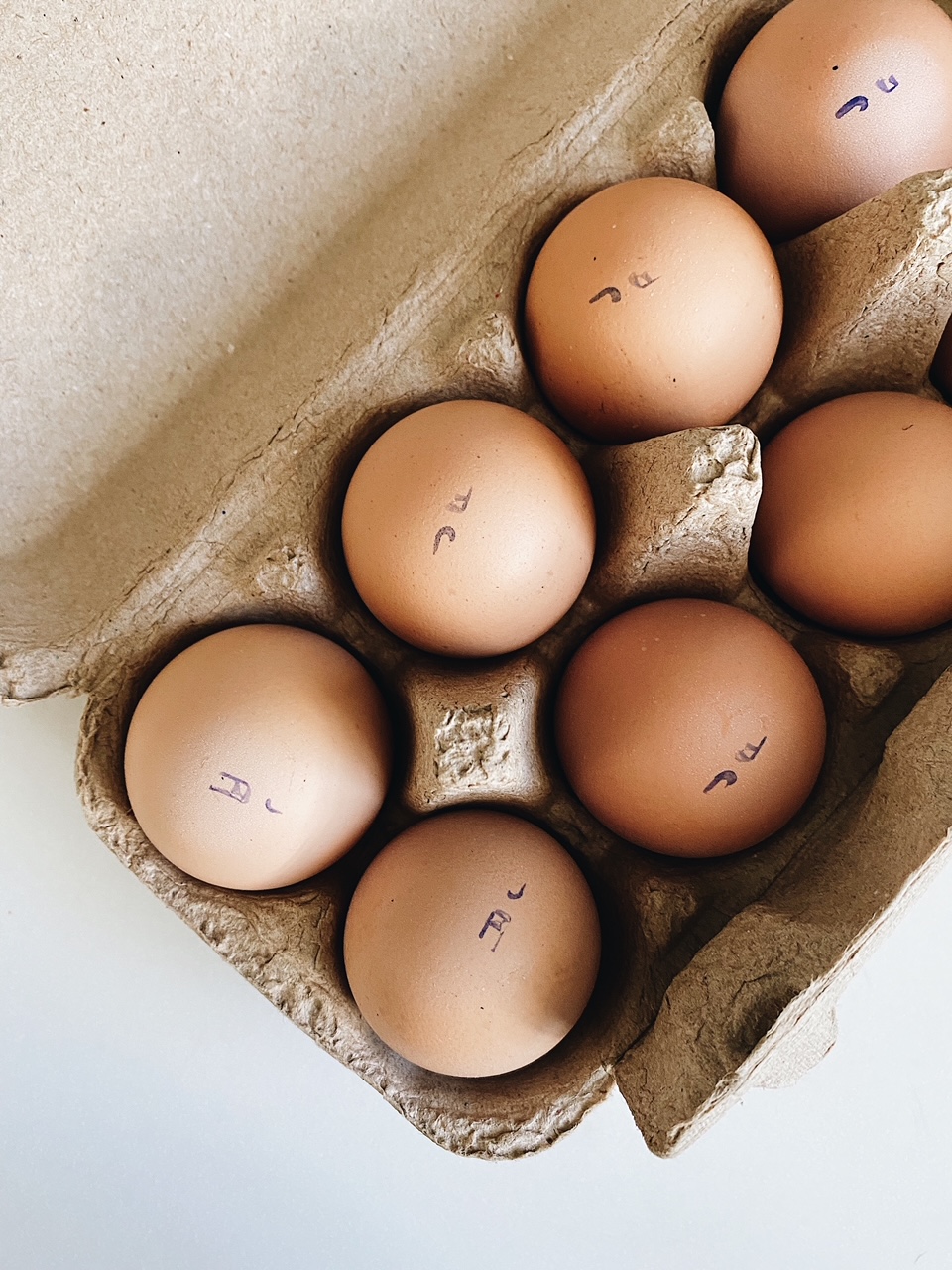Vitamin A appears to be one of the least known vitamins. Everyone knows of it, but not what it does and how important it is. Many people think that beta-carotene is “vitamin A”. It’s not technically vitamin A but is a precursor that gets changed into the body into vitamin A via several chemical processes.
On the internet there are lists of foods that are “vitamin A” rich foods, but most of these are actually rich in beta-carotene.
What’s the difference between Vitamin A and Beta-carotene?
Vitamin A
Vitamin A (a fat-soluble vitamin) is also known as retinol, retinal or retinoic acid – these are the active forms ready to be utilised by the body.
You may see the terms “preformed vitamin A” and “proformed vitamin A”. Preformed vitamin A is referring to vitamin A and Proformed Vitamin A is referring to beta-carotene.
The active preformed Vitamin A is only obtained from animal sources:
- Meat – especially liver
- Fish – especially liver (cod, salmon and halibut)
- Dairy products – especially butter, hard and cream cheeses
- Egg yolks
Cooking can destroy up to 40% of the vitamin A content of food.
Vitamin A and beta-carotene have some alike actions in the body, but they also work in different ways.
Vitamin A Main Actions of Benefit:
- Antioxidant
- Immune function – viral infections including colds, measles and cystitis
- Maintains the health of epithelial cells (skin cells) – Good for acne, dry skin, eczema
- Vision – it’s necessary for maintaining vision and keeping our whole eye healthy – can prevent cataracts, useful for conjunctivitis, dry eye, night blindness, optic neuritis
- Asthma, bronchitis and lung function in Cystic Fibrosis
- Chemoprotective
- Gut health – diarrhoea, coeliac disease, Crohn’s disease, pancreatic and gallbladder disease, liver detox, ulcerative colitis
Beta-Carotene
This is a precursor compound that the body will convert into Vitamin A. Although less than 50% of beta-carotene is converted to vitamin A. It requires the nutrients Vitamin E, Coenzyme Q10 and selenium to help in the conversion to vitamin A.

- Broccoli
- Carrots – most well-known one
- Yellow and greenish yellow vegetables
- Papaya
- Rockmelon
- Apricots
- Red capsicum
- Spinach
- Sweet potato
- Tomatoes
Beta-carotene is better absorbed with fatty meals and from foods that are cooked or steamed.
Beta-Carotene Main Actions of Benefit:
- Converts to vitamin A
- Antioxidant
- Immune function
- Chemoprotective
- Vision – night blindness, macular degeneration
- Cardiovascular protection – reduces “bad” LDL cholesterol and increases “good” HDL cholesterol, atherosclerosis
- Decreases photosensitivity to the sun
Vitamin A Toxicity
Many people are weary of vitamin A (especially during pregnancy) as there are warnings on any Australian label that contains vitamin A. In excess, vitamin A is not beneficial. There is the concern that because it is a fat-soluble vitamin it gets retained in our cells. Our body does find it hard to clear vitamin A, so it can store easily. High doses should NOT be taken for prolonged periods of time. In pregnancy, this vitamin can ring alarm bells as high doses has been associated with birth defects.
Dosage requirements that produce toxicity are highly inconsistent. Chronic toxicity can occur from dosages 26,000IU to 1,000,000 IU/day taken for 2 years. Generally greater than 75,000IU can start to produce signs of overdose and toxicity.
The adult recommended daily allowance is 5,000-9,000IU. Pregnancy is up to 5,000IU.
There is little reason to be alarmed as there is more chance of vitamin A deficiency than toxicity especially if you are taking certain pharmaceutical drugs which can decrease absorption and body tissue levels.
There are so many more things that both Vitamin A and beta-carotene can be beneficial for. They are both crucial for our health in general. If you are thinking of taking a supplement, then ensuring the right dosage for you is important and might be worth chatting to a naturopath or nutritionist – contact Megan to book in a supplement check consult or book in a full consult to assist with any health issues – megan@balancingnutrition.com.au or 0417 679 287.
Megan Crockart is a qualified Holistic Nutritionist & a self-confessed foodie! Megan has a special interest in working with individuals with allergies, food intolerances, SIBO, eczema, pre- & post-natal health & children’s health.
Balancing Nutrition.
To book a consultation with Megan please click here.
References available upon request


